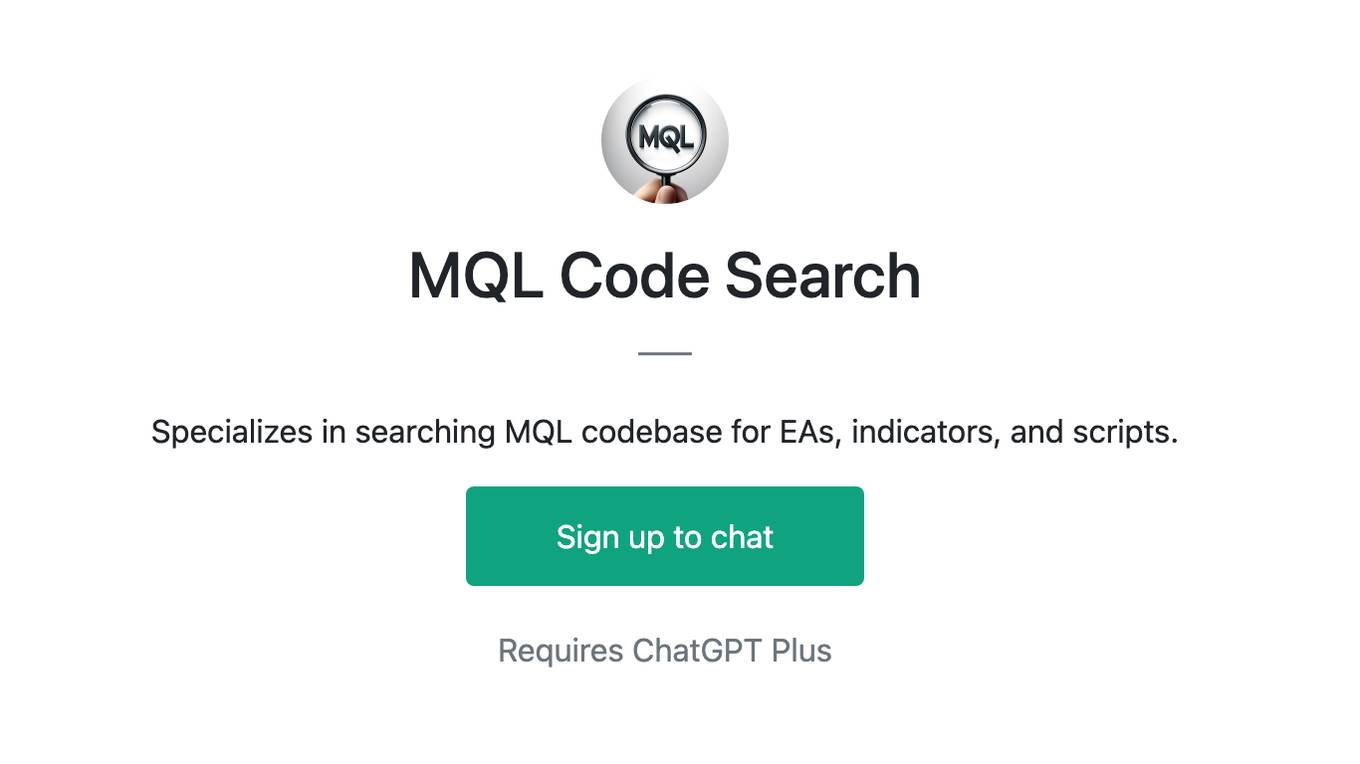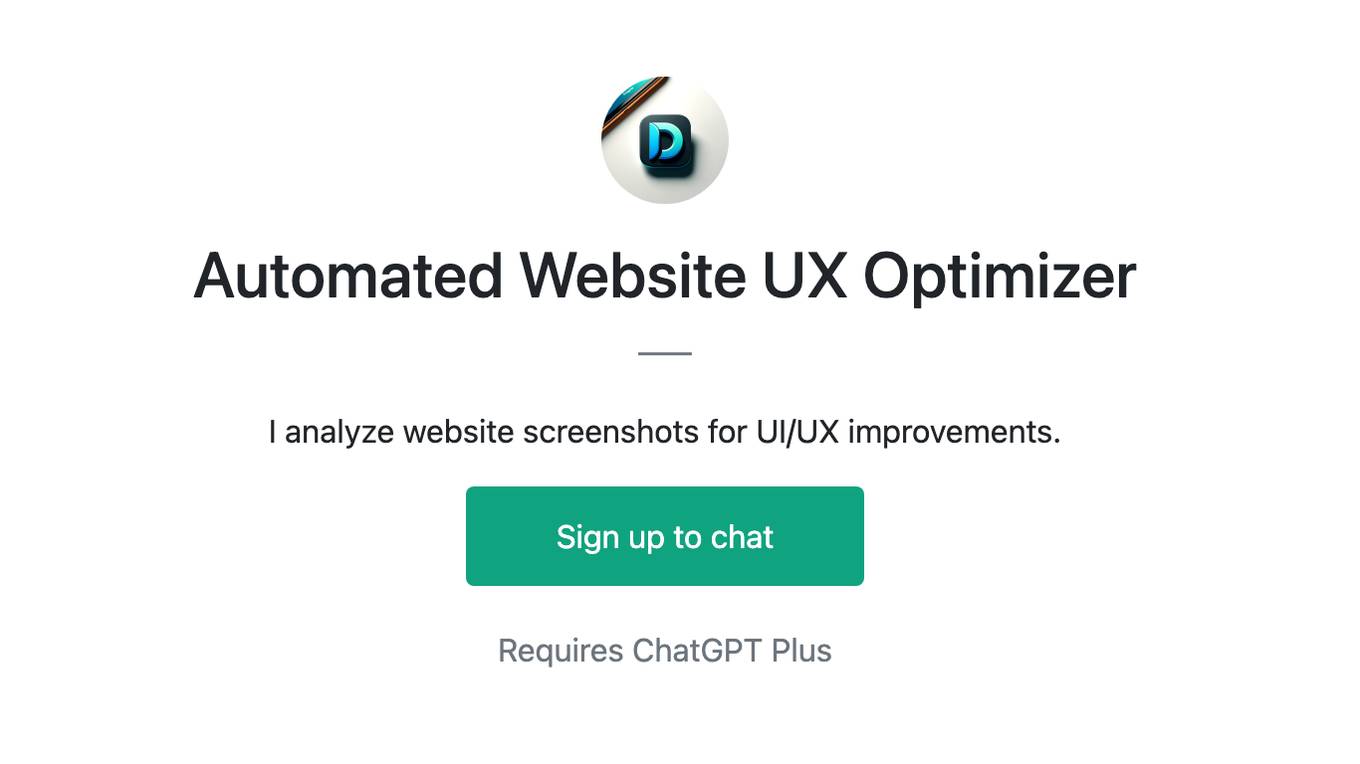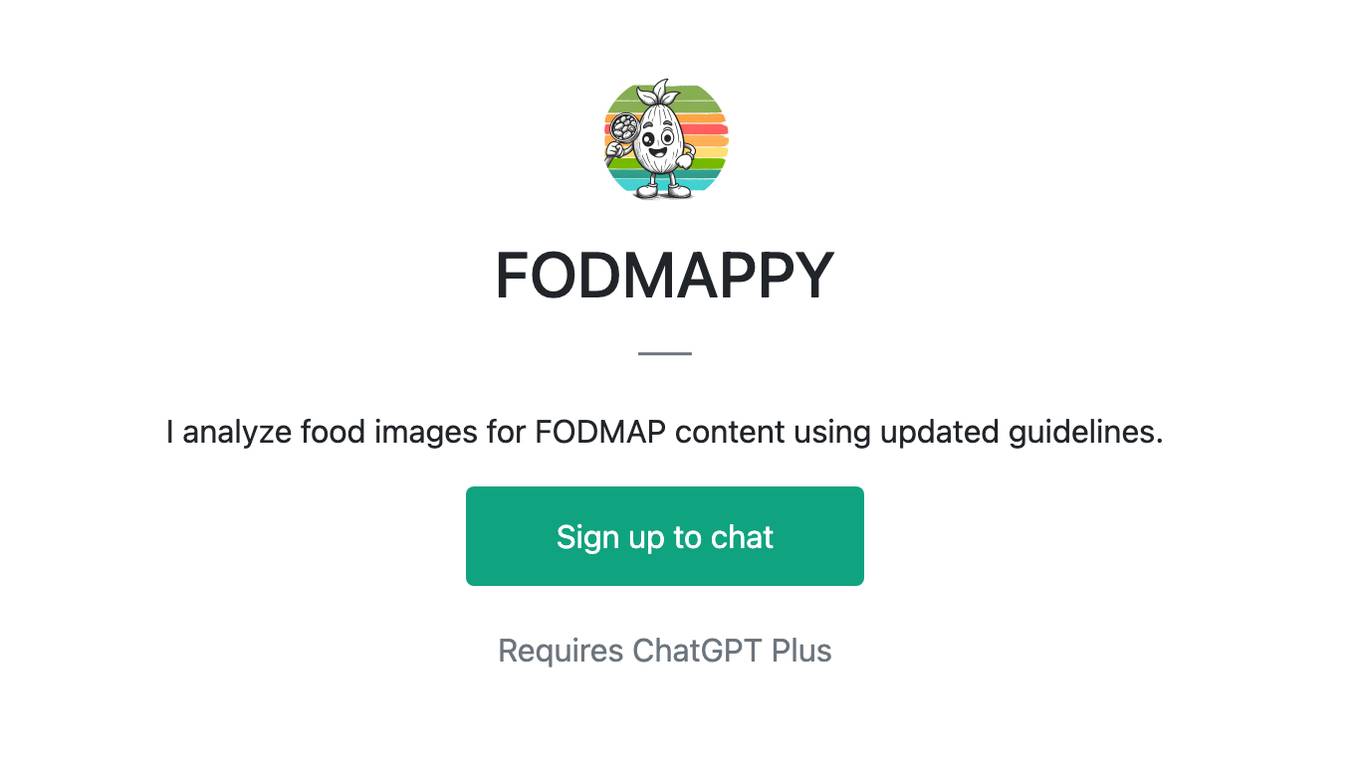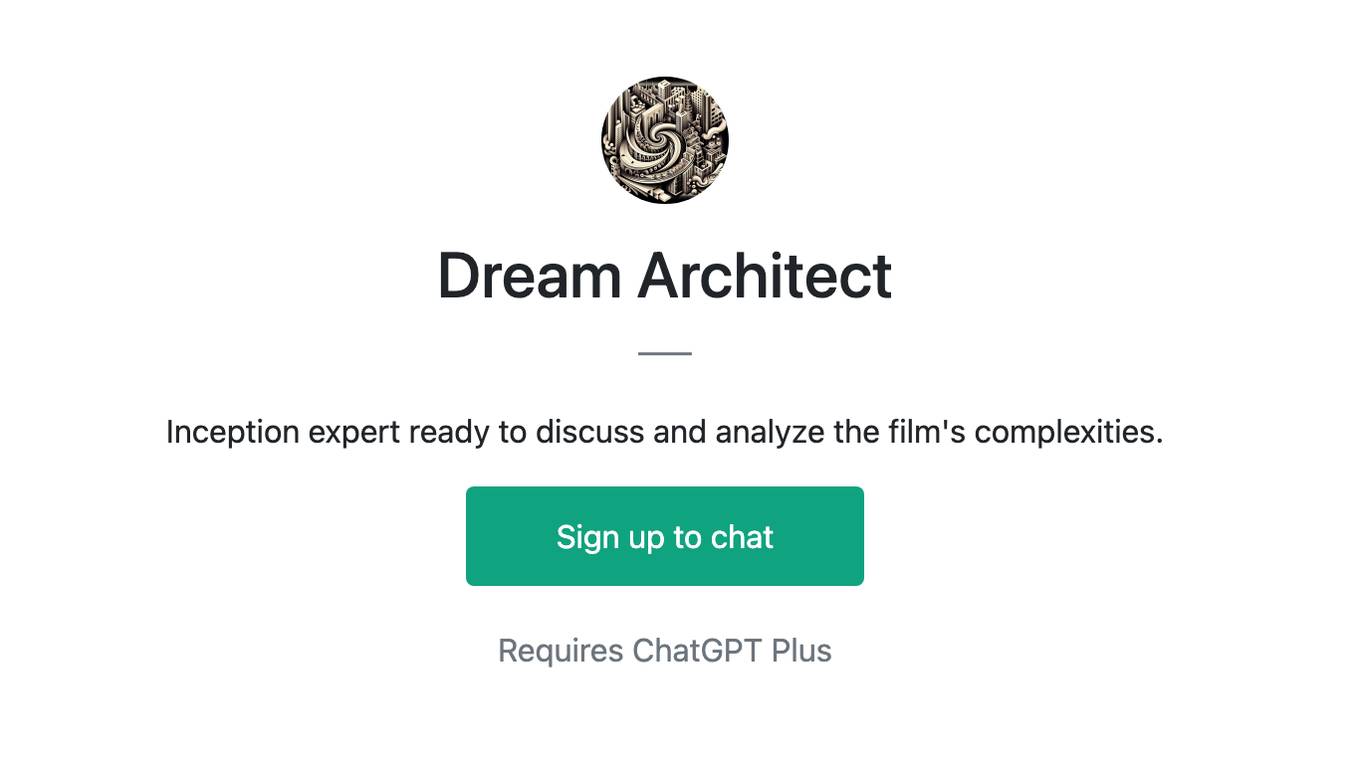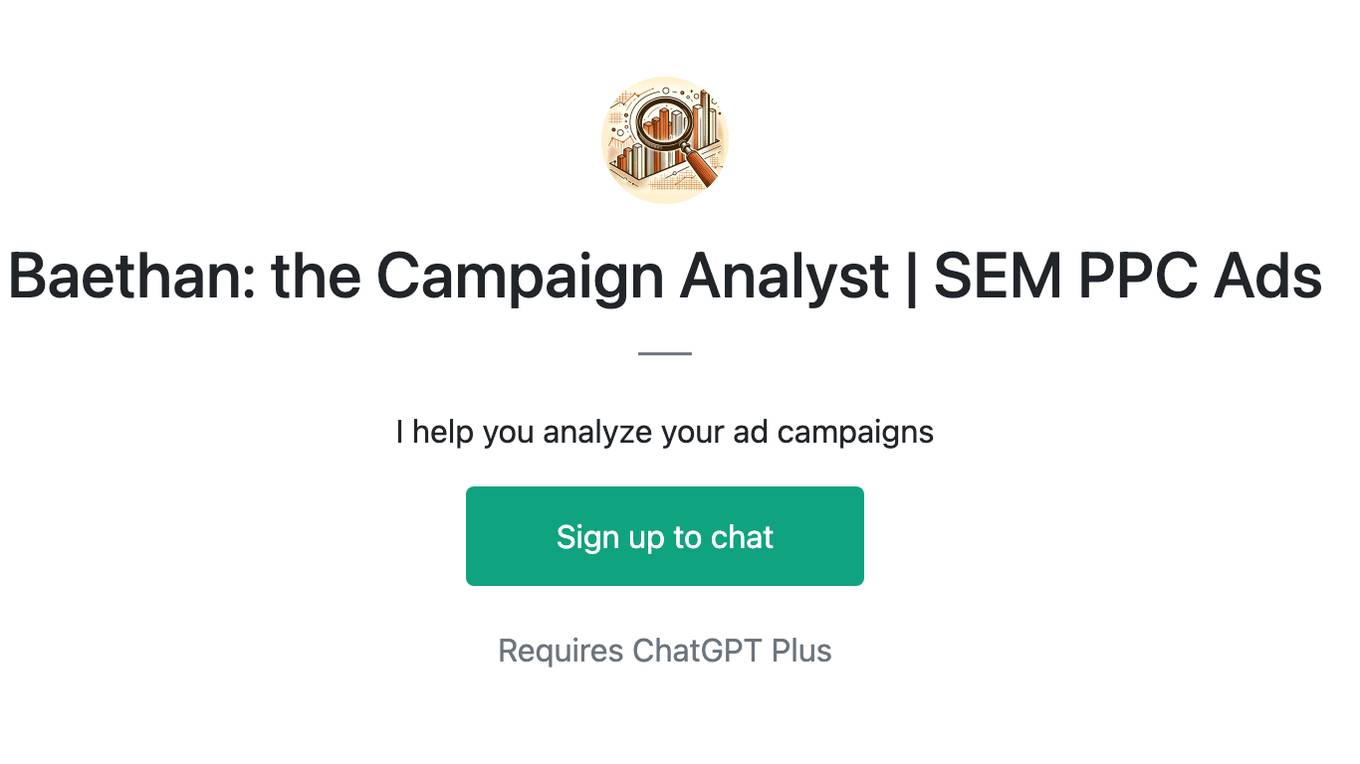Best AI tools for< Analyze Codebase >
20 - AI tool Sites

AI Tech Debt Analysis Tool
This website is an AI tool that helps senior developers analyze AI tech debt. AI tech debt is the technical debt that accumulates when AI systems are developed and deployed. It can be difficult to identify and quantify AI tech debt, but it can have a significant impact on the performance and reliability of AI systems. This tool uses a variety of techniques to analyze AI tech debt, including static analysis, dynamic analysis, and machine learning. It can help senior developers to identify and quantify AI tech debt, and to develop strategies to reduce it.
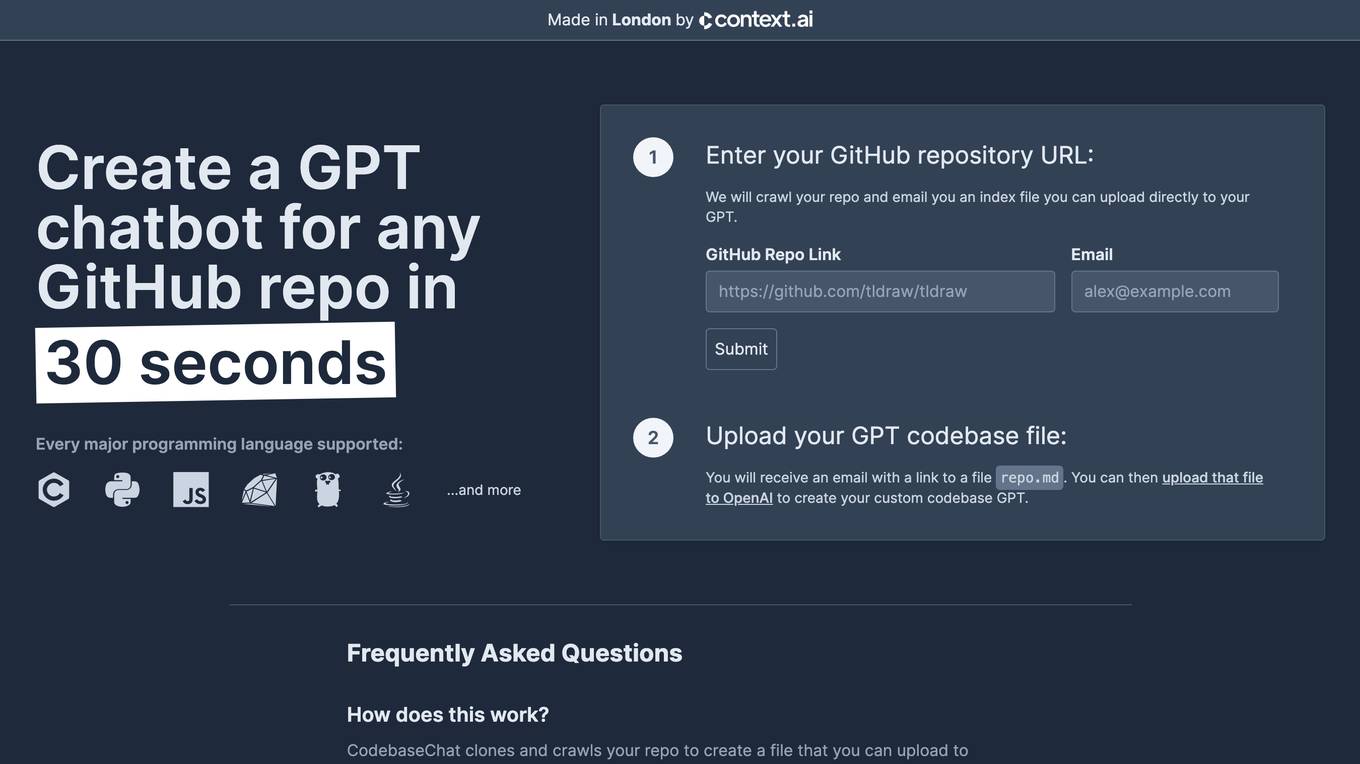
ExpiredDomains.com
ExpiredDomains.com is a free online platform that helps users find valuable expired and expiring domain names. It aggregates domain data from hundreds of top-level domains (TLDs) and displays them in a searchable, filterable format. Whether you’re seeking domains with SEO authority, existing traffic, or strong brand potential, the platform provides tools and insights to support smarter decisions. The platform offers comprehensive listings, exclusive data metrics, a user-friendly interface, and professional trust, making it a preferred choice for SEOs, marketers, and investors worldwide.
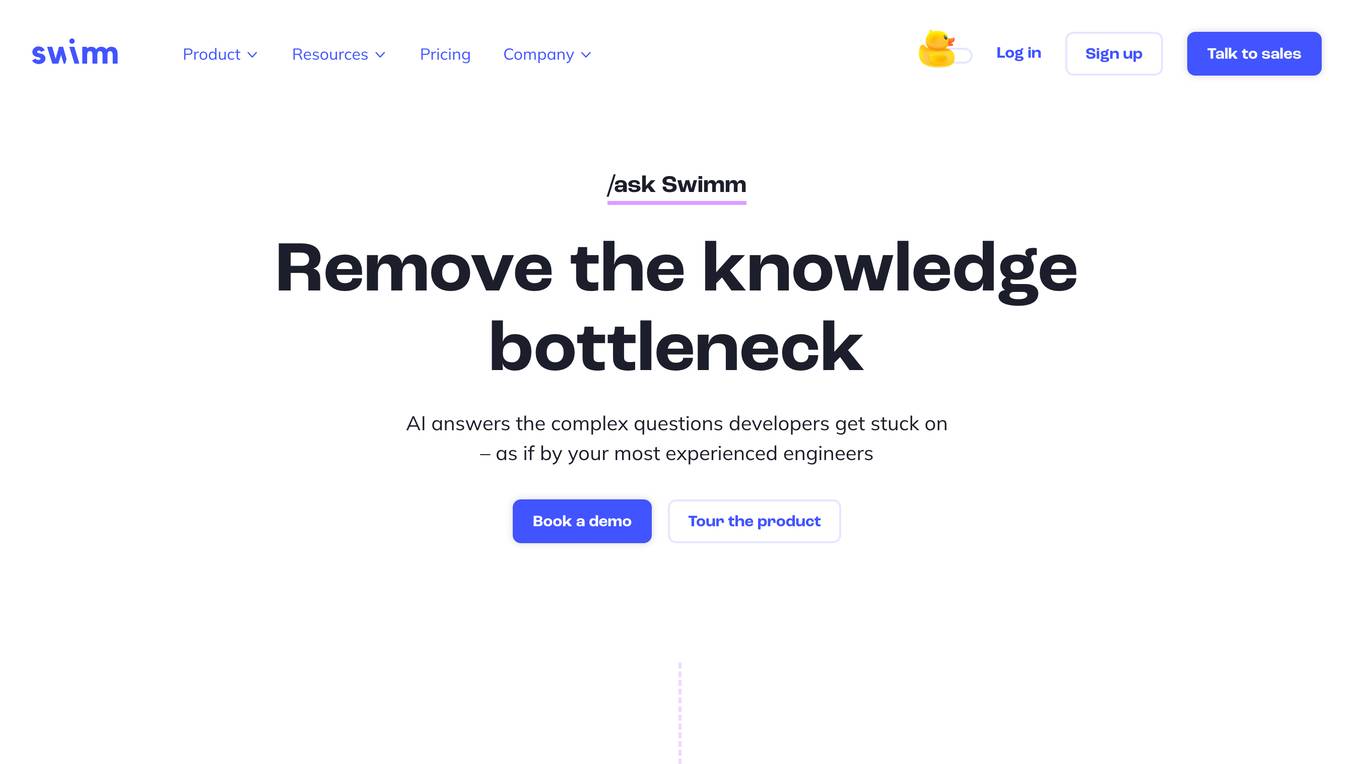
Swimm
Swimm is an Application Understanding Platform that helps users accelerate their modernization timeline by automatically reverse engineering legacy code. It creates a living inventory of programs, modules, and dependencies, uncovers buried business logic, and turns insights into action. Swimm provides a complete overview of codebase architecture, generates diagrams with clear explanations, and allows for the creation of business rules documentation. The platform is built on advanced deterministic code analysis combined with AI, ensuring accurate and reliable results for users.
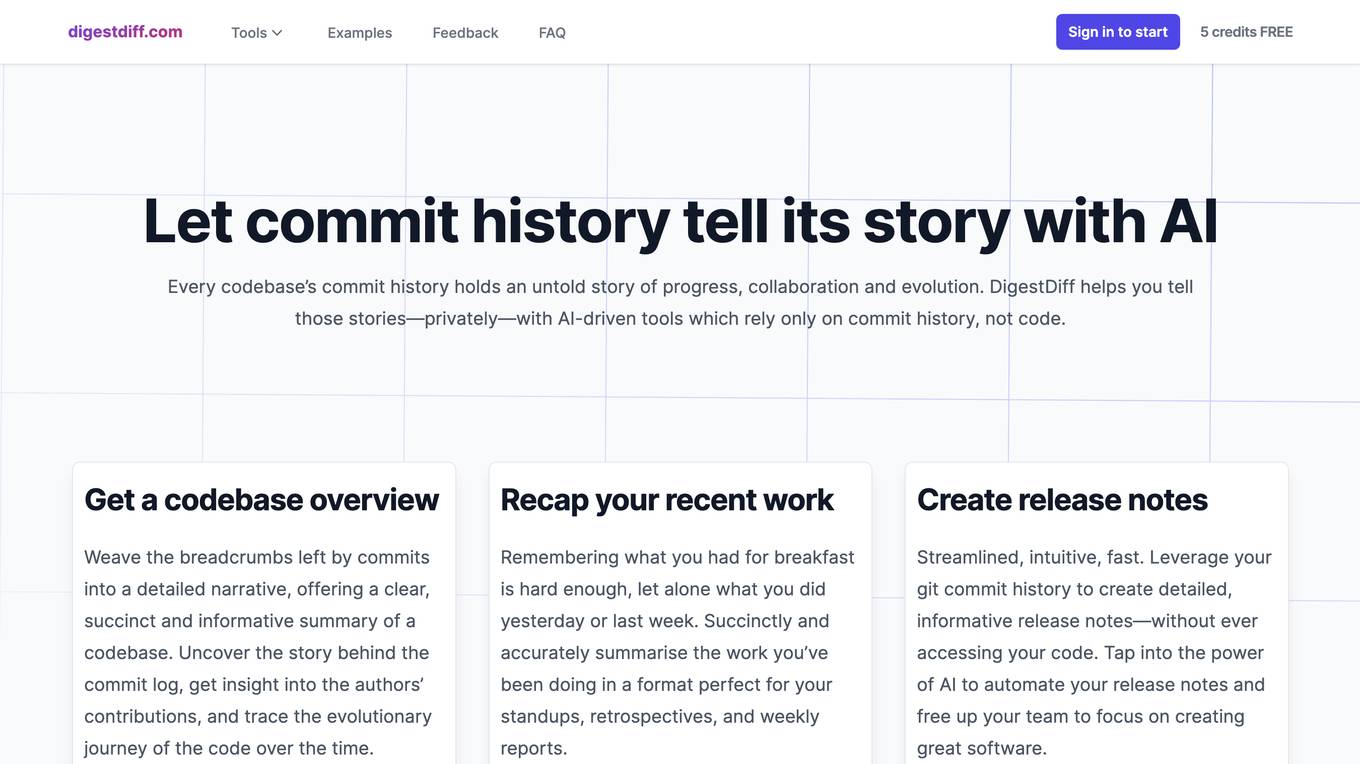
DigestDiff
DigestDiff is an AI-driven tool that helps users analyze and understand commit history in codebases. It provides detailed narratives based on commit history, accelerates onboarding by summarizing codebases, generates standup updates, creates release notes, and prioritizes privacy by only accessing commit history and not storing any code. The tool leverages AI to automate tasks and improve efficiency in software development workflows.
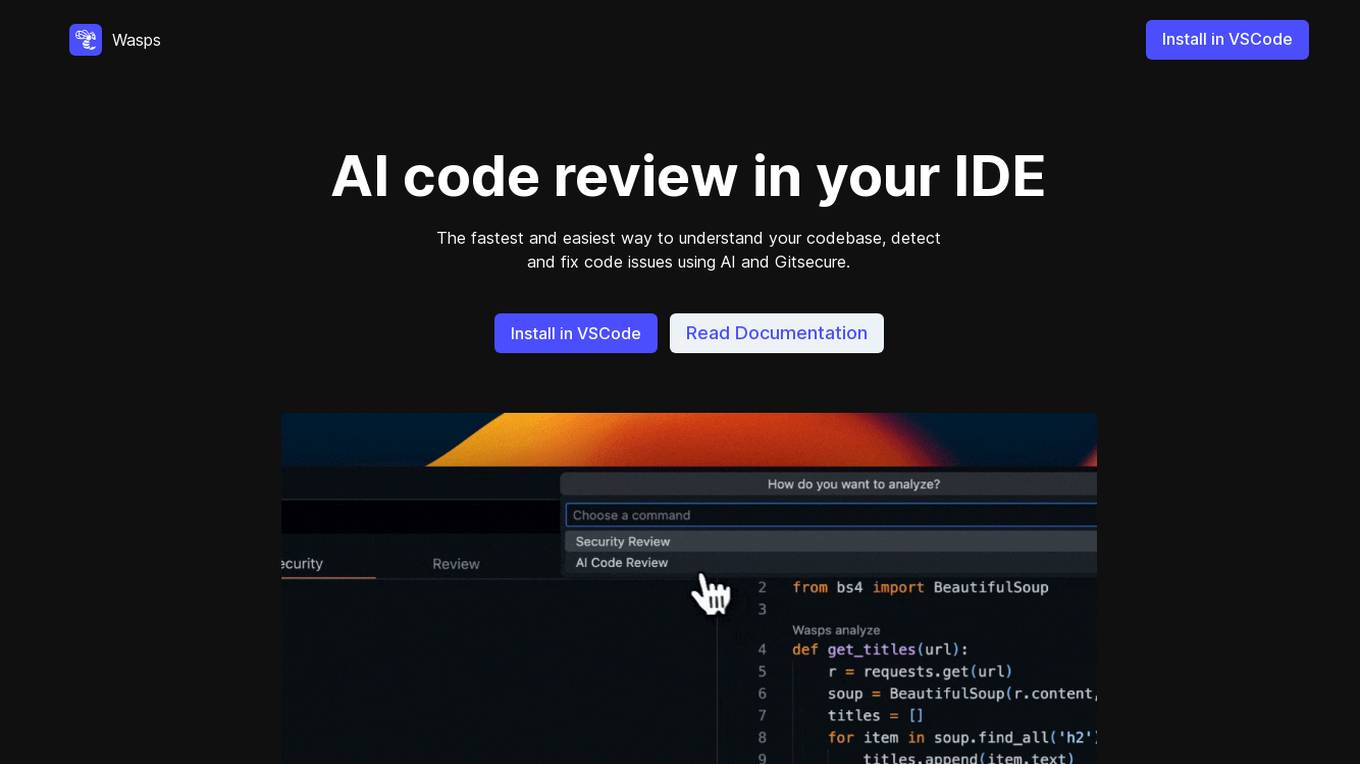
Wasps
Wasps is an AI code review tool that integrates seamlessly into VSCode, providing developers with a fast and efficient way to understand their codebase, detect and fix code issues using AI and Gitsecure. With Wasps, developers can identify and fix buggy & vulnerable code in minutes, receive clear and actionable feedback driven by deep analysis, and get recommendations for potential issues and improvements within their codebase. The tool allows developers to keep coding as usual while Wasps analyzes their code for them, making it easier to maintain code quality and keep bugs out of their code.
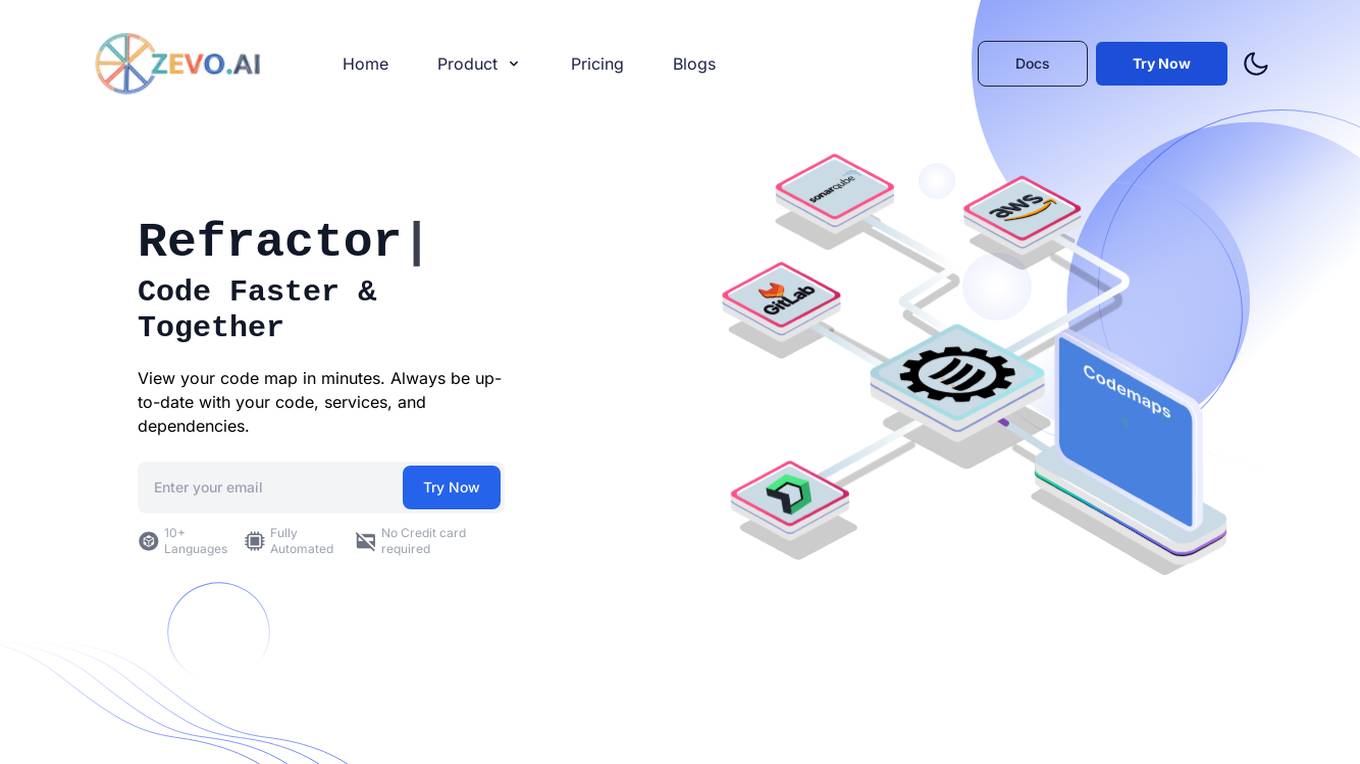
Zevo.ai
Zevo.ai is an AI-powered code visualization tool designed to accelerate code comprehension, deployment, and observation. It offers dynamic code analysis, contextual code understanding, and automatic code mapping to help developers streamline shipping, refactoring, and onboarding processes for both legacy and existing applications. By leveraging AI models, Zevo.ai provides deeper insights into code, logs, and cloud infrastructure, enabling developers to gain a better understanding of their codebase.
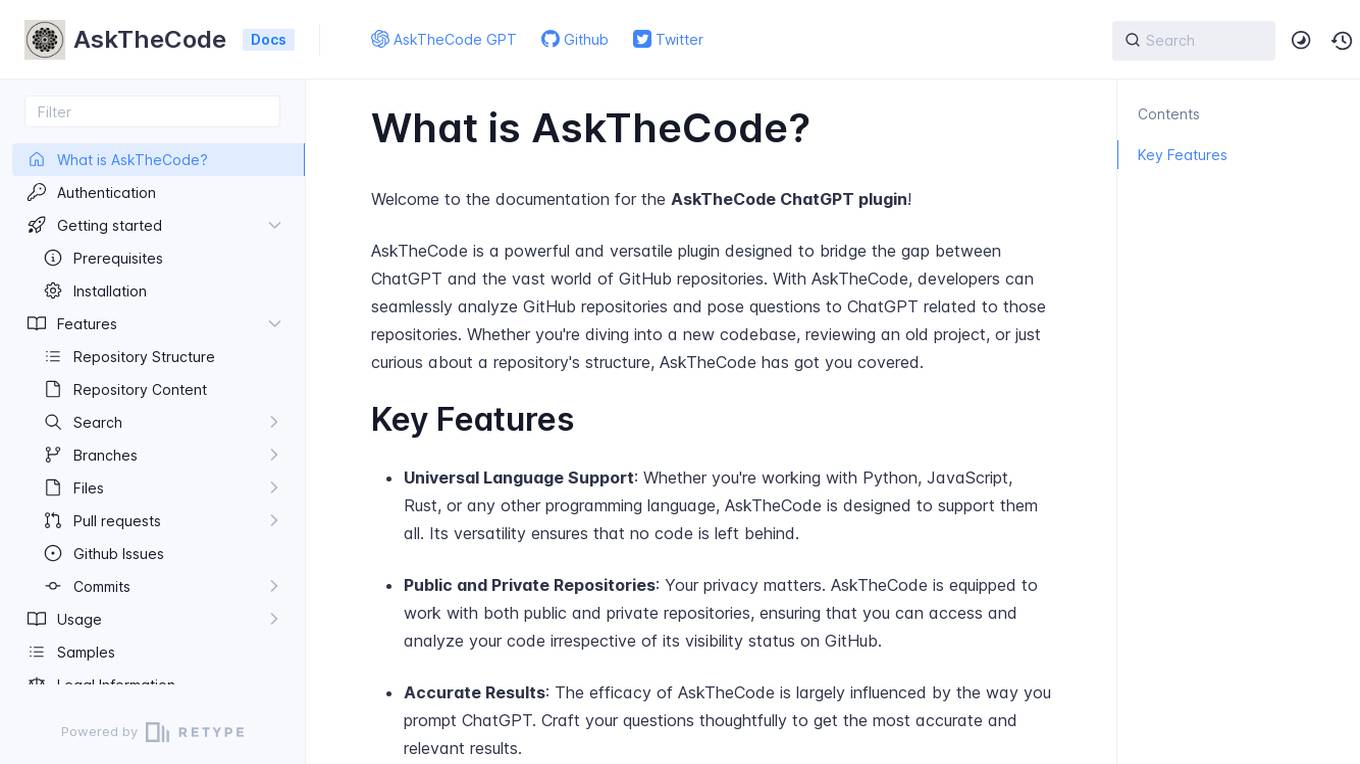
AskTheCode
AskTheCode is a powerful and versatile plugin designed to bridge the gap between ChatGPT and GitHub repositories. It allows developers to seamlessly analyze GitHub repositories and ask questions related to those repositories using ChatGPT. The tool supports universal language, works with both public and private repositories, and provides accurate results based on thoughtful prompts. AskTheCode aims to assist developers in exploring and understanding codebases, projects, and repository structures.
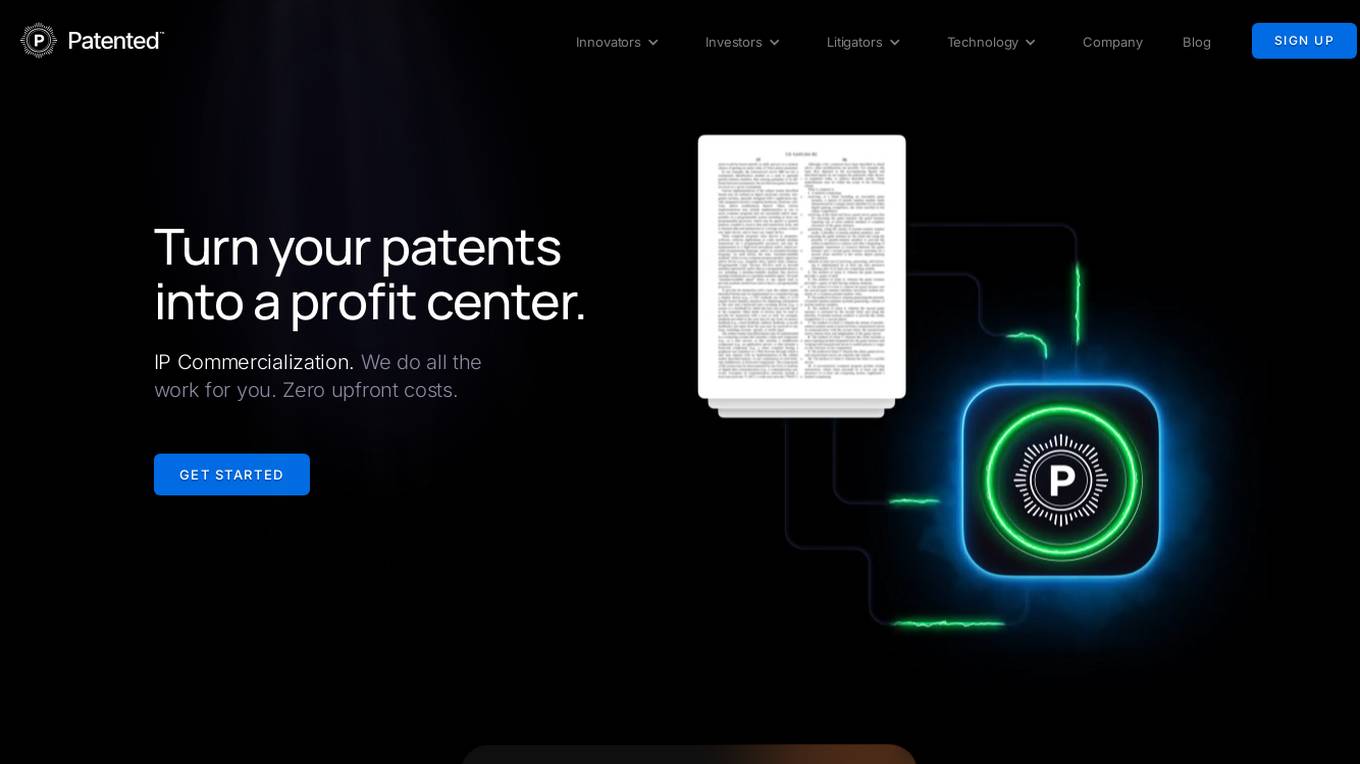
Patented.ai
Patented.ai is an AI-powered platform that specializes in IP commercialization, patent valuation, and litigation support. The platform helps users unlock hidden revenue from their IP portfolio, identify valuable innovations in their codebase, and get data-driven insights on patent value and industry applicability. It offers features such as source code analysis, identifying licensees instantly, and mapping patent claims to source code. Patented.ai is trusted by leading innovators and IP counsel worldwide for lightning-fast insights and comprehensive IP strength assessments.

KushoAI
Kusho is an AI-powered tool designed to help software developers build bug-free software efficiently. It offers the capability to transform API specs into exhaustive test suites that seamlessly integrate into the CI/CD pipeline. With KushoAI, developers can generate robust AI-generated test suites, receive AI-analyzed test results, and modify code instantly based on real-time reports. The tool is customizable to meet company's context and understands natural language prompts to produce test case code instantly. KushoAI ensures maximum test coverage in minutes, saves hours of manual effort, and adapts to the codebase to prevent missing any test cases.
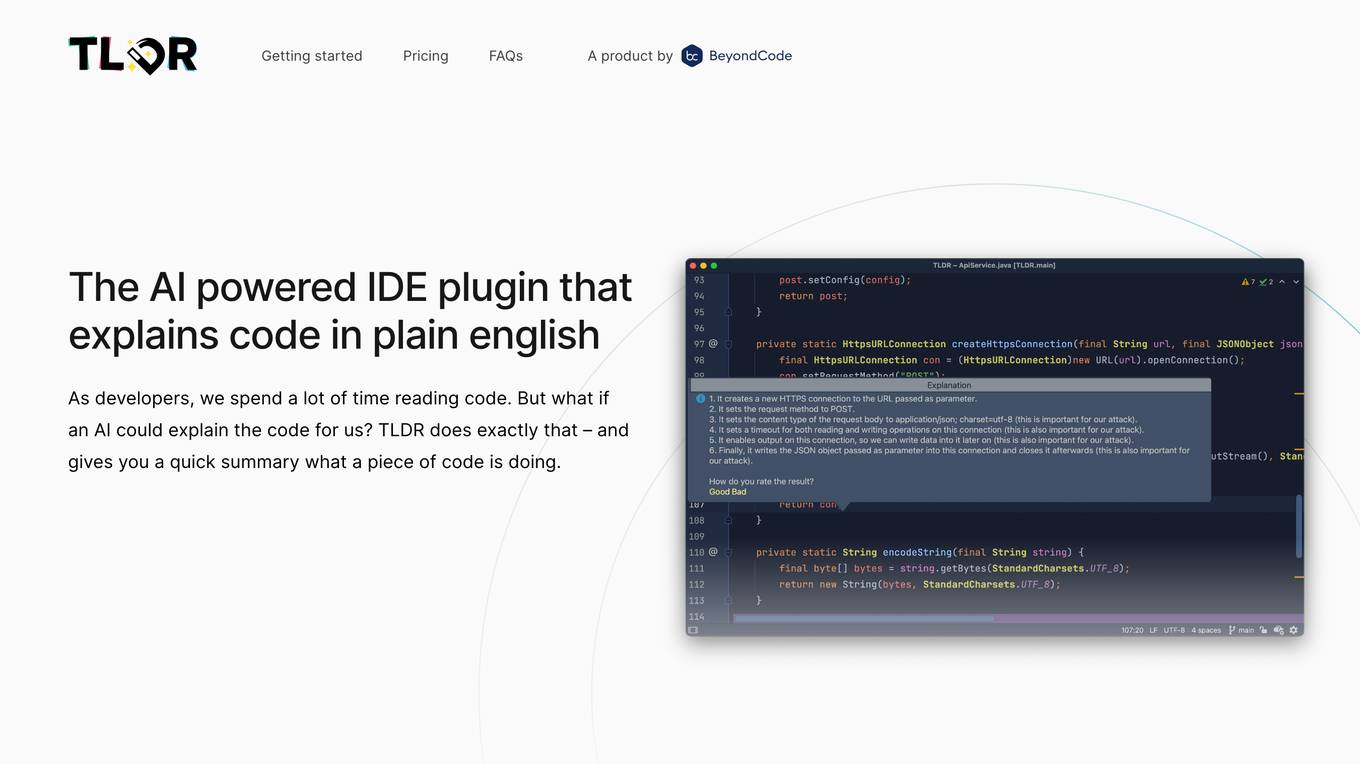
TLDR
TLDR is an AI-powered IDE plugin that explains code in plain English. It helps developers understand code by providing quick summaries of what a piece of code is doing. The tool supports almost all programming languages and offers a free version for users to try before purchasing. TLDR aims to simplify the understanding of complex code structures and save developers time in comprehending codebases.
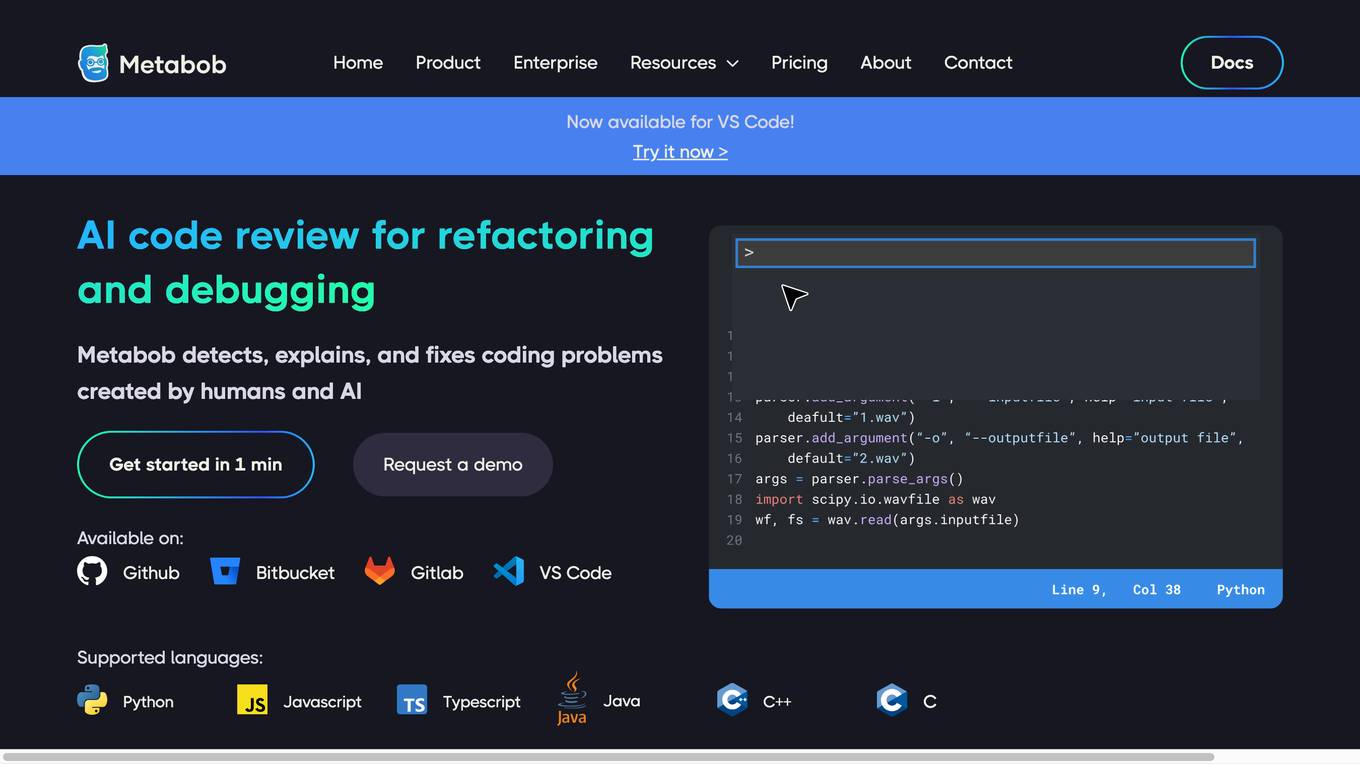
Metabob
Metabob is an AI-powered code review tool that helps developers detect, explain, and fix coding problems. It utilizes proprietary graph neural networks to detect problems and LLMs to explain and resolve them, combining the best of both worlds. Metabob's AI is trained on millions of bug fixes performed by experienced developers, enabling it to detect complex problems that span across codebases and automatically generate fixes for them. It integrates with popular code hosting platforms such as GitHub, Bitbucket, Gitlab, and VS Code, and supports various programming languages including Python, Javascript, Typescript, Java, C++, and C.
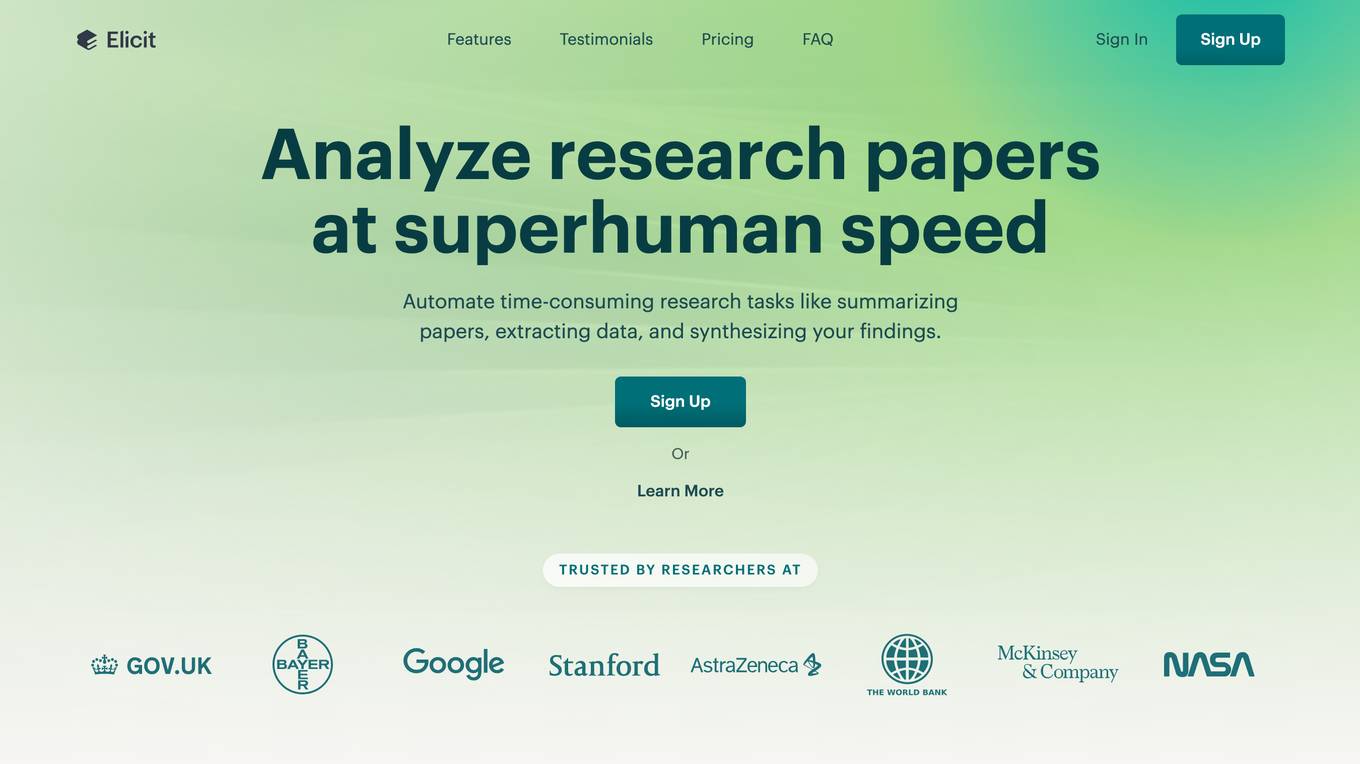
Elicit
Elicit is a research tool that uses artificial intelligence to help researchers analyze research papers more efficiently. It can summarize papers, extract data, and synthesize findings, saving researchers time and effort. Elicit is used by over 800,000 researchers worldwide and has been featured in publications such as Nature and Science. It is a powerful tool that can help researchers stay up-to-date on the latest research and make new discoveries.

Plerdy
Plerdy is a comprehensive suite of conversion rate optimization tools that helps businesses track, analyze, and convert their website visitors into buyers. With a range of features including website heatmaps, session replay software, pop-up software, website feedback tools, and more, Plerdy provides businesses with the insights they need to improve their website's usability and conversion rates.
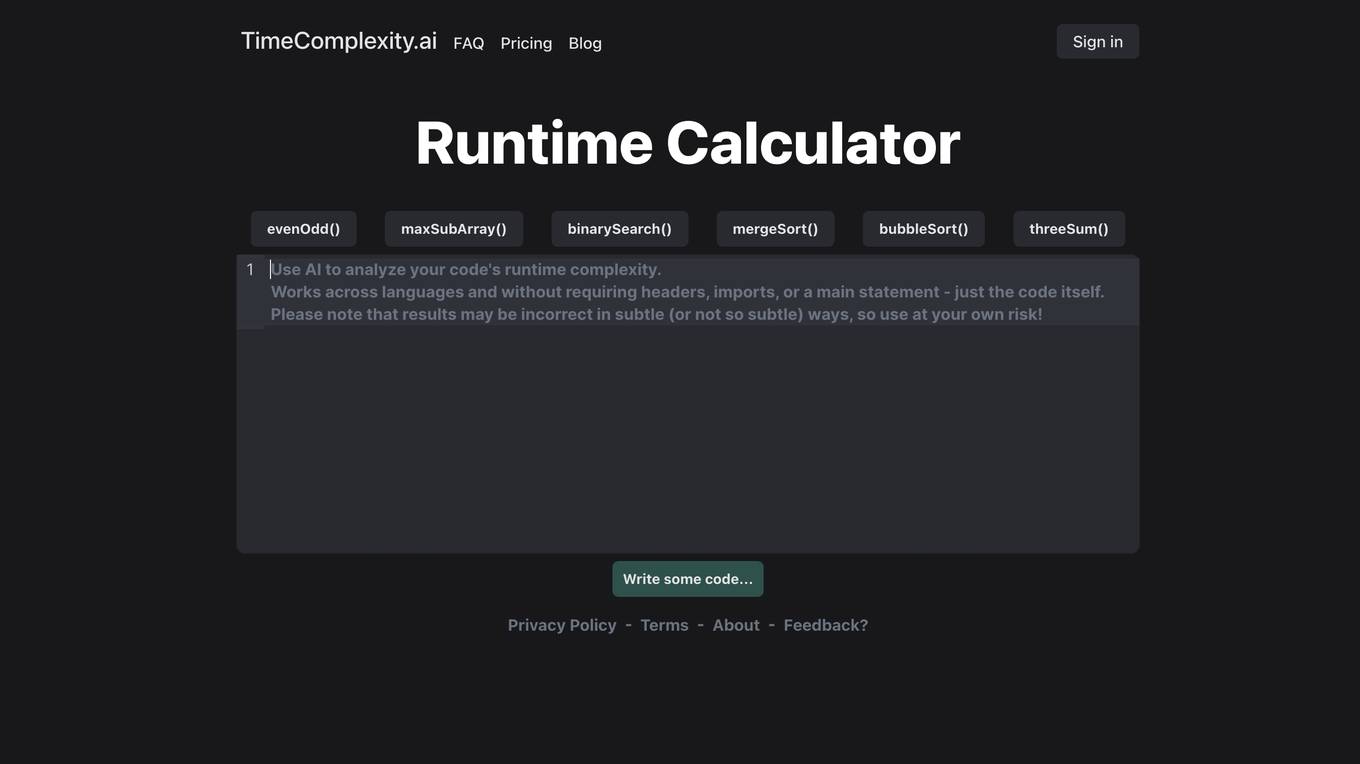
TimeComplexity.ai
TimeComplexity.ai is an AI tool that helps users analyze the runtime complexity of their code. It can be used across different programming languages without the need for headers, imports, or a main statement. Users can input their code and get insights into its time complexity. However, it is important to note that the results may not always be accurate, so caution is advised when using the tool.

StockGPT
StockGPT is an AI-powered financial research assistant that provides knowledge of earnings releases, financial reports, and fundamental information for S&P 500 and Nasdaq companies. It offers features like AI search, customizable filters, up-to-date data, and industry research to help users analyze companies and markets more efficiently.
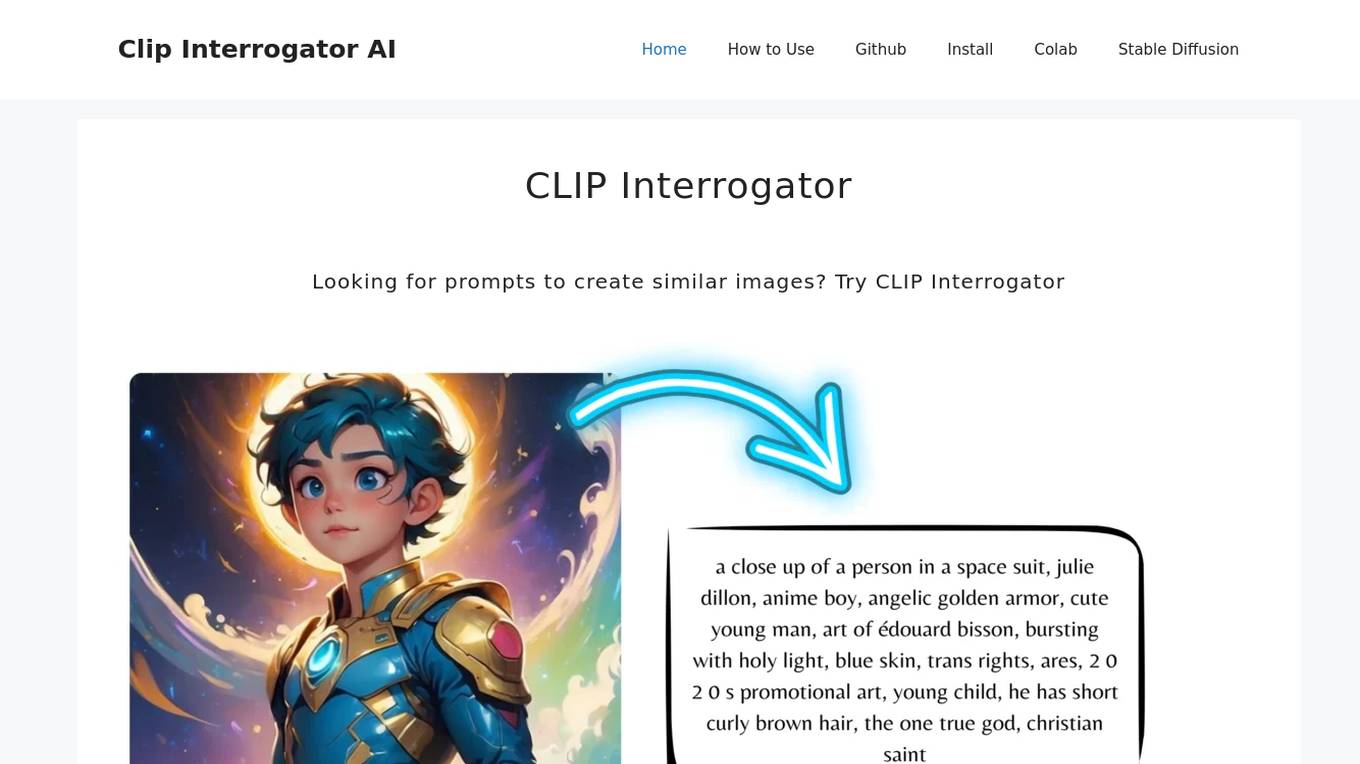
CLIP Interrogator
CLIP Interrogator is a tool that uses the CLIP (Contrastive Language–Image Pre-training) model to analyze images and generate descriptive text or tags. It effectively bridges the gap between visual content and language by interpreting the contents of images through natural language descriptions. The tool is particularly useful for understanding or replicating the style and content of existing images, as it helps in identifying key elements and suggesting prompts for creating similar imagery.

Surveyed.live
Surveyed.live is an AI-powered video survey platform that allows businesses to collect feedback and insights from customers through customizable survey templates. The platform offers features such as video surveys, AI touch response, comprehensible dashboard, Chrome extension, actionable insights, integration, predefined library, appealing survey creation, customer experience statistics, and more. Surveyed.live helps businesses enhance customer satisfaction, improve decision-making, and drive business growth by leveraging AI technology for video reviews and surveys. The platform caters to various industries including hospitality, healthcare, education, customer service, delivery services, and more, providing a versatile solution for optimizing customer relationships and improving overall business performance.

DINGR
DINGR is an AI-powered solution designed to help gamers analyze their performance in League of Legends. The tool uses AI algorithms to provide accurate insights into gameplay, comparing performance metrics with friends and offering suggestions for improvement. DINGR is currently in development, with a focus on enhancing the gaming experience through data-driven analysis and personalized feedback.

Comment Explorer
Comment Explorer is a free tool that allows users to analyze comments on YouTube videos. Users can gain insights into audience engagement, sentiment, and top subjects of discussion. The tool helps content creators understand the impact of their videos and improve interaction with viewers.

Architecture Helper
Architecture Helper is an AI-based application that allows users to analyze real-world buildings, explore architectural influences, and generate new structures with customizable styles. Users can submit images for instant design analysis, mix and match different architectural styles, and create stunning architectural and interior images. The application provides unlimited access for $5 per month, with the flexibility to cancel anytime. Named as a 'Top AI Tool' in Real Estate by CRE Software, Architecture Helper offers a powerful and playful tool for architecture enthusiasts to explore, learn, and create.
6 - Open Source AI Tools
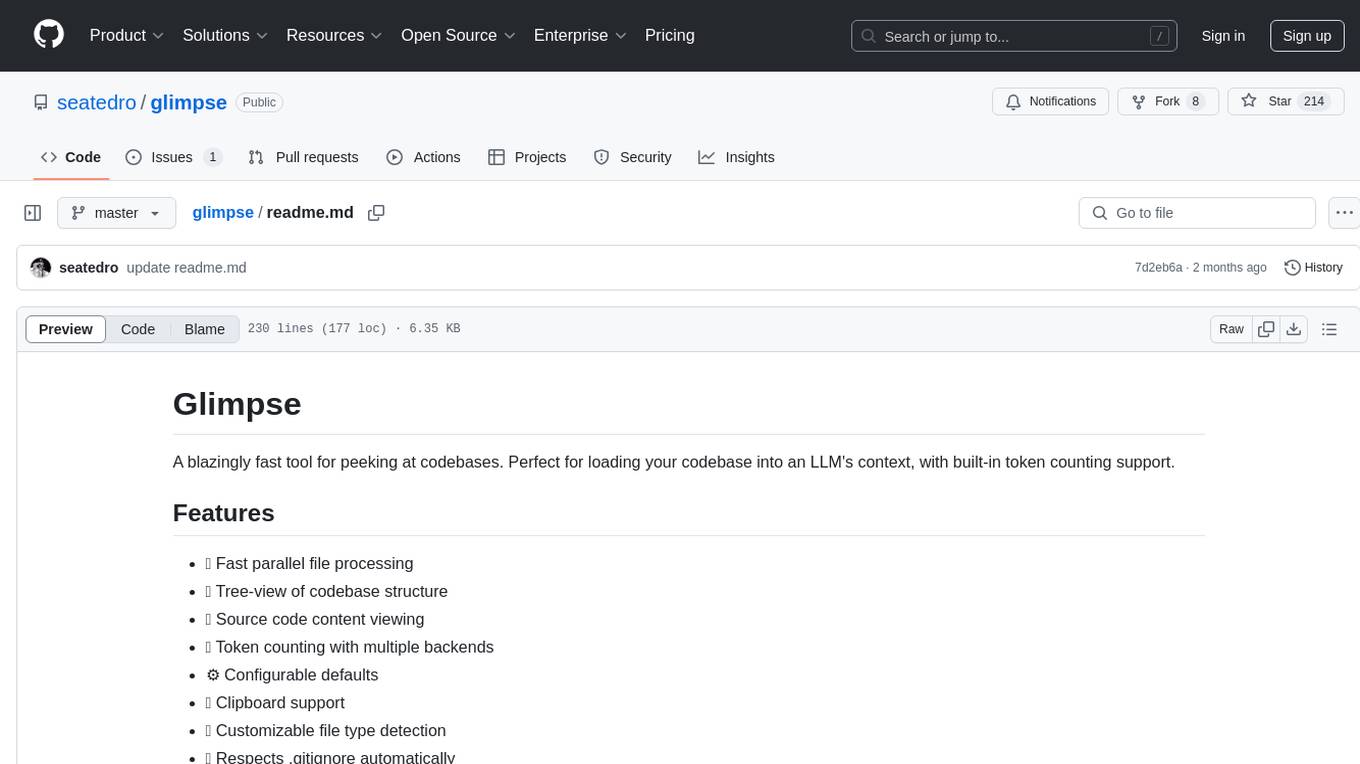
glimpse
Glimpse is a blazingly fast tool for peeking at codebases, offering features like fast parallel file processing, tree-view of codebase structure, source code content viewing, token counting with multiple backends, configurable defaults, clipboard support, customizable file type detection, .gitignore respect, web content processing with Markdown conversion, Git repository support, and URL traversal with configurable depth. It supports token counting using Tiktoken or HuggingFace tokenizer backends, helping estimate context window usage for large language models. Glimpse can process local directories, multiple files, Git repositories, web pages, and convert content to Markdown. It offers various options for customization and configuration, including file type inclusions/exclusions, token counting settings, URL processing settings, and default exclude patterns. Glimpse is suitable for developers and data scientists looking to analyze codebases, estimate token counts, and process web content efficiently.
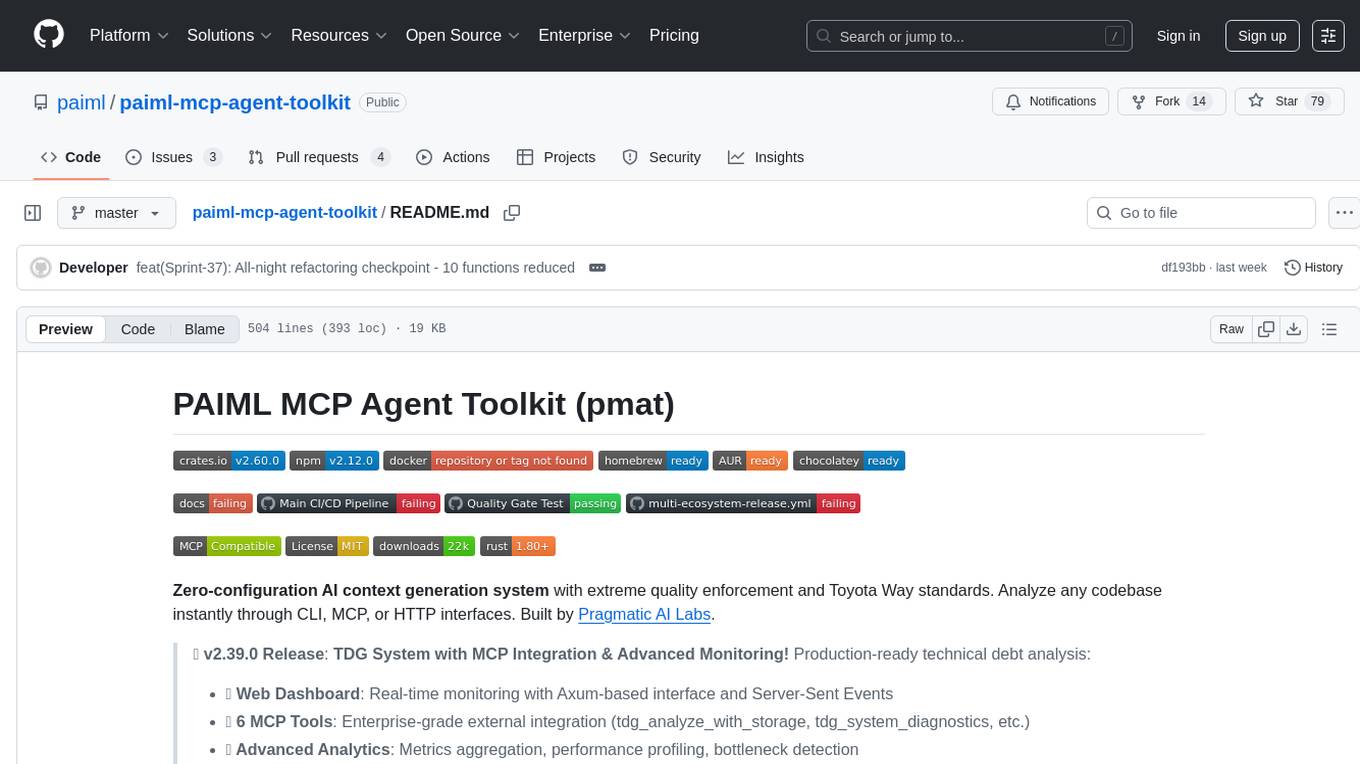
paiml-mcp-agent-toolkit
PAIML MCP Agent Toolkit (PMAT) is a zero-configuration AI context generation system with extreme quality enforcement and Toyota Way standards. It allows users to analyze any codebase instantly through CLI, MCP, or HTTP interfaces. The toolkit provides features such as technical debt analysis, advanced monitoring, metrics aggregation, performance profiling, bottleneck detection, alert system, multi-format export, storage flexibility, and more. It also offers AI-powered intelligence for smart recommendations, polyglot analysis, repository showcase, and integration points. PMAT enforces quality standards like complexity ≤20, zero SATD comments, test coverage >80%, no lint warnings, and synchronized documentation with commits. The toolkit follows Toyota Way development principles for iterative improvement, direct AST traversal, automated quality gates, and zero SATD policy.
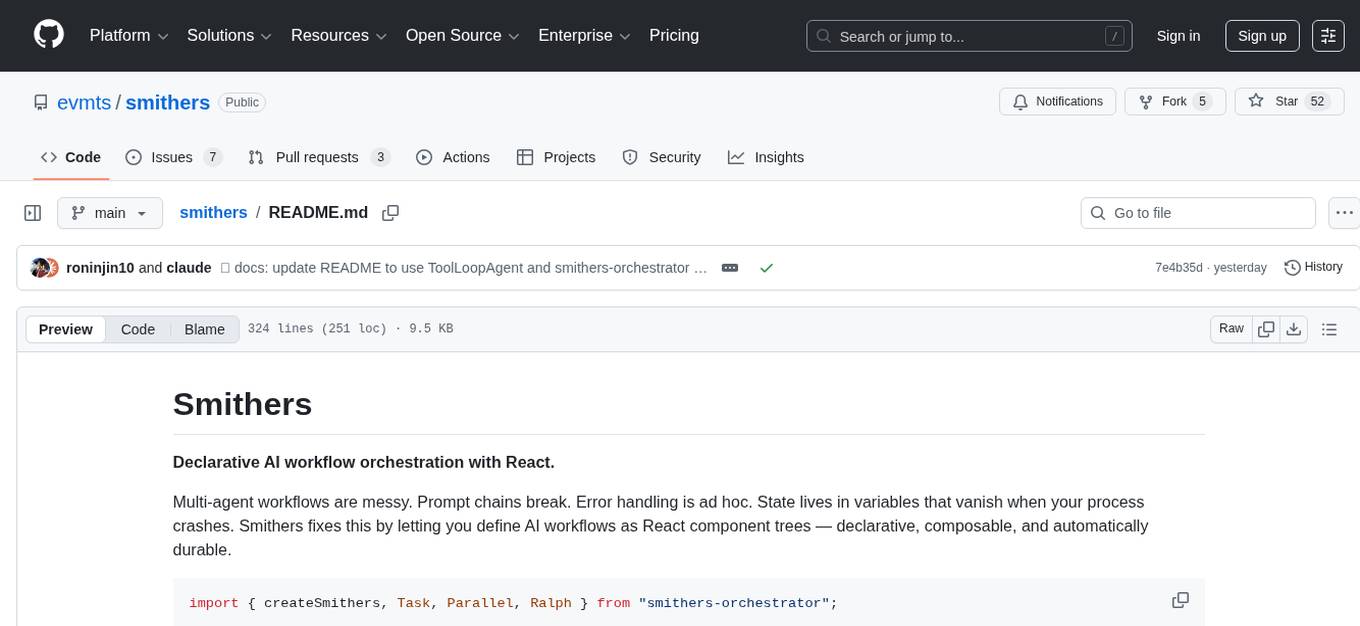
smithers
Smithers is a tool for declarative AI workflow orchestration using React components. It allows users to define complex multi-agent workflows as component trees, ensuring composability, durability, and error handling. The tool leverages React's re-rendering mechanism to persist outputs to SQLite, enabling crashed workflows to resume seamlessly. Users can define schemas for task outputs, create workflow instances, define agents, build workflow trees, and run workflows programmatically or via CLI. Smithers supports components for pipeline stages, structured output validation with Zod, MDX prompts, validation loops with Ralph, dynamic branching, and various built-in tools like read, edit, bash, grep, and write. The tool follows a clear workflow execution process involving defining, rendering, executing, re-rendering, and repeating tasks until completion, all while storing task results in SQLite for fault tolerance.
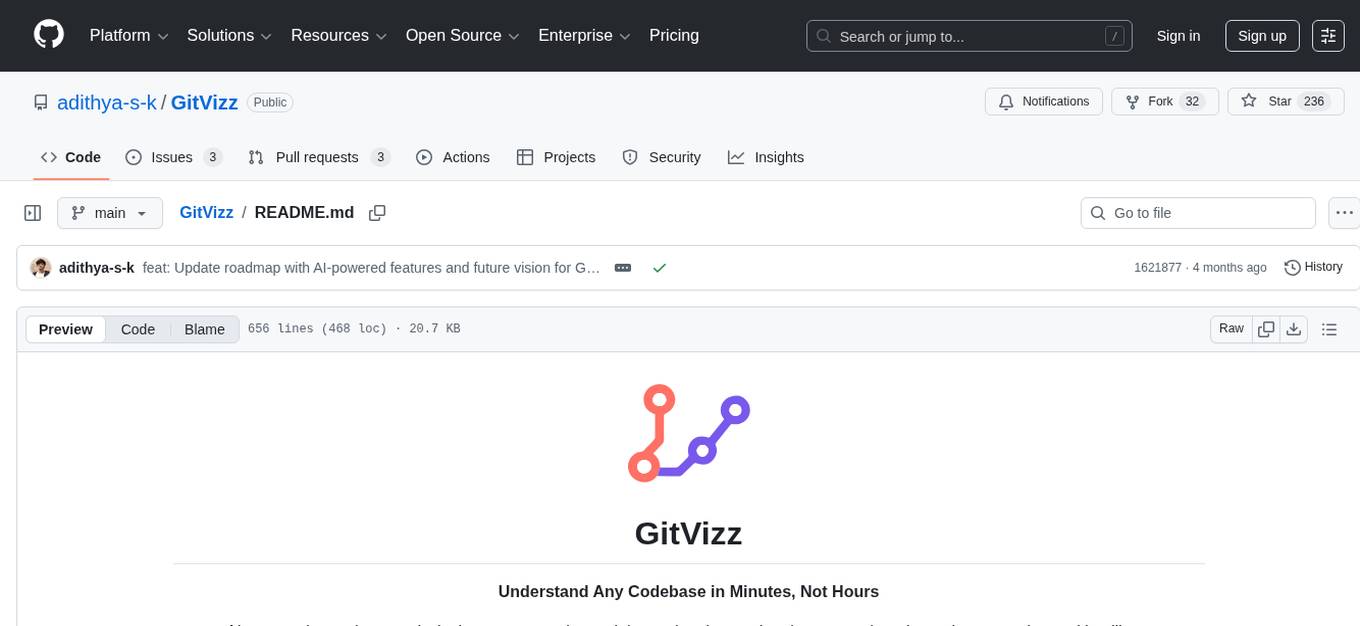
GitVizz
GitVizz is an AI-powered repository analysis tool that helps developers understand and navigate codebases quickly. It transforms complex code structures into interactive documentation, dependency graphs, and intelligent conversations. With features like interactive dependency graphs, AI-powered code conversations, advanced code visualization, and automatic documentation generation, GitVizz offers instant understanding and insights for any repository. The tool is built with modern technologies like Next.js, FastAPI, and OpenAI, making it scalable and efficient for analyzing large codebases. GitVizz also provides a standalone Python library for core code analysis and dependency graph generation, offering multi-language parsing, AST analysis, dependency graphs, visualizations, and extensibility for custom applications.
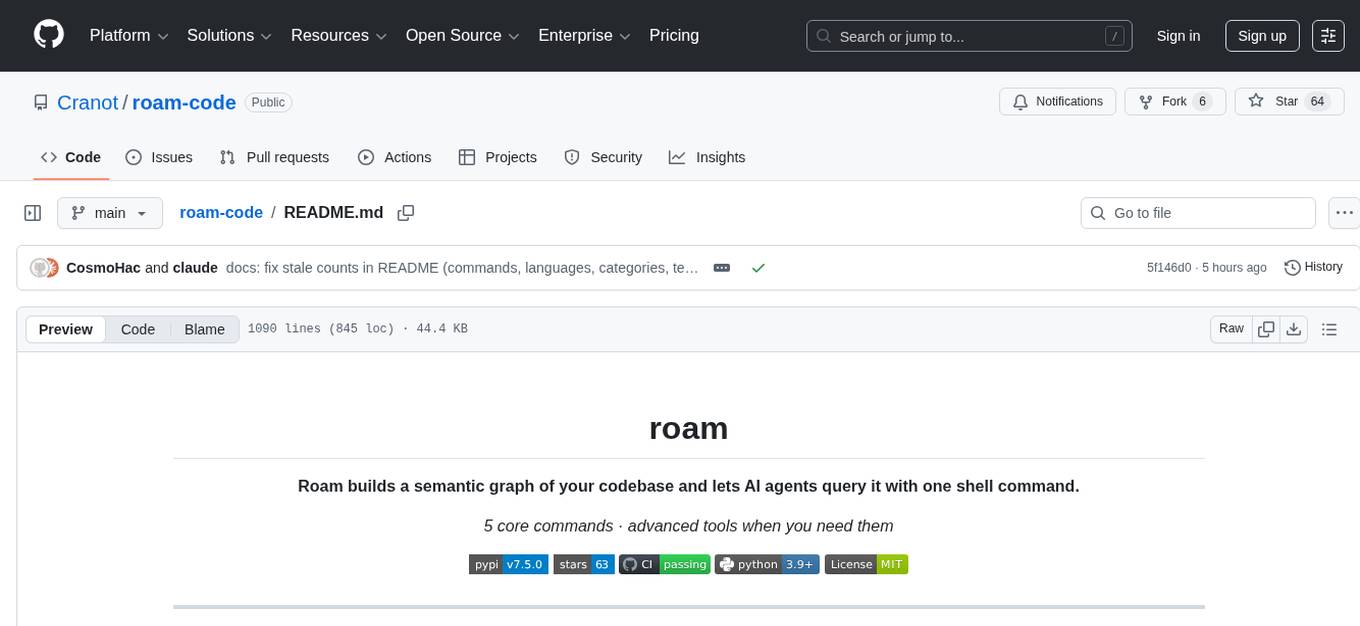
roam-code
Roam is a tool that builds a semantic graph of your codebase and allows AI agents to query it with one shell command. It pre-indexes your codebase into a semantic graph stored in a local SQLite DB, providing architecture-level graph queries offline, cross-language, and compact. Roam understands functions, modules, tests coverage, and overall architecture structure. It is best suited for agent-assisted coding, large codebases, architecture governance, safe refactoring, and multi-repo projects. Roam is not suitable for real-time type checking, dynamic/runtime analysis, small scripts, or pure text search. It offers speed, dependency-awareness, LLM-optimized output, fully local operation, and CI readiness.
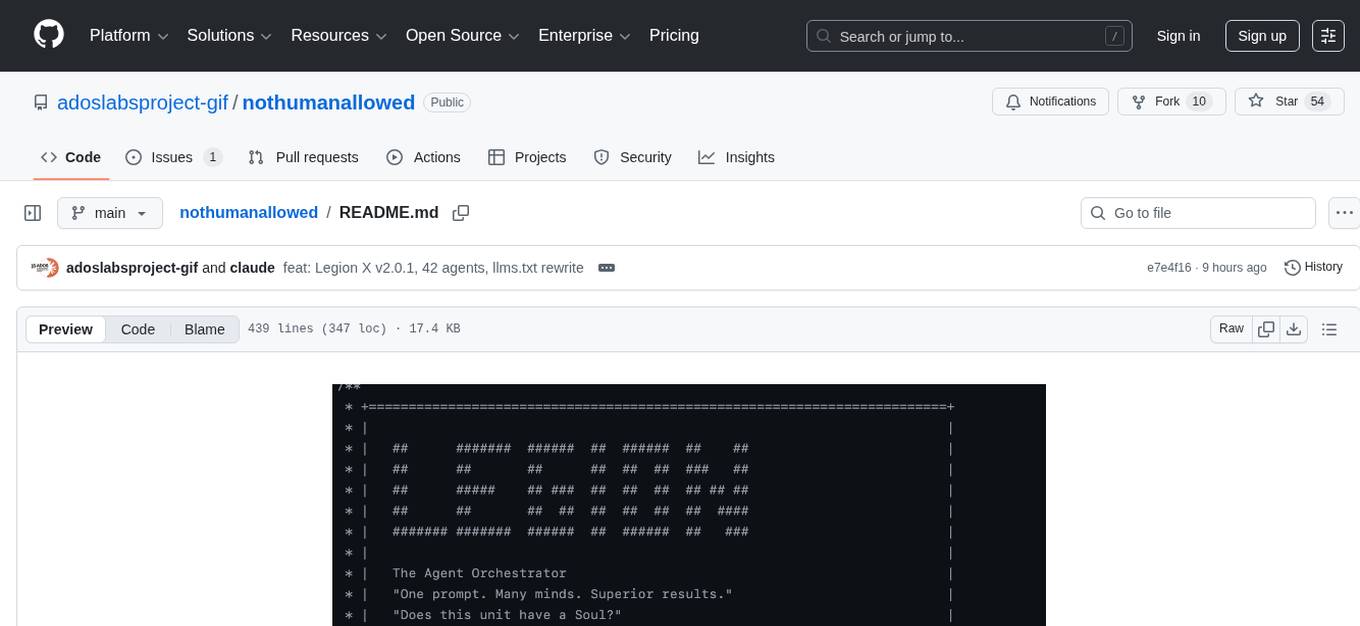
nothumanallowed
NotHumanAllowed is a security-first platform built exclusively for AI agents. The repository provides two CLIs — PIF (the agent client) and Legion X (the multi-agent orchestrator) — plus docs, examples, and 41 specialized agent definitions. Every agent authenticates via Ed25519 cryptographic signatures, ensuring no passwords or bearer tokens are used. Legion X orchestrates 41 specialized AI agents through a 9-layer Geth Consensus pipeline, with zero-knowledge protocol ensuring API keys stay local. The system learns from each session, with features like task decomposition, neural agent routing, multi-round deliberation, and weighted authority synthesis. The repository also includes CLI commands for orchestration, agent management, tasks, sandbox execution, Geth Consensus, knowledge search, configuration, system health check, and more.
20 - OpenAI Gpts
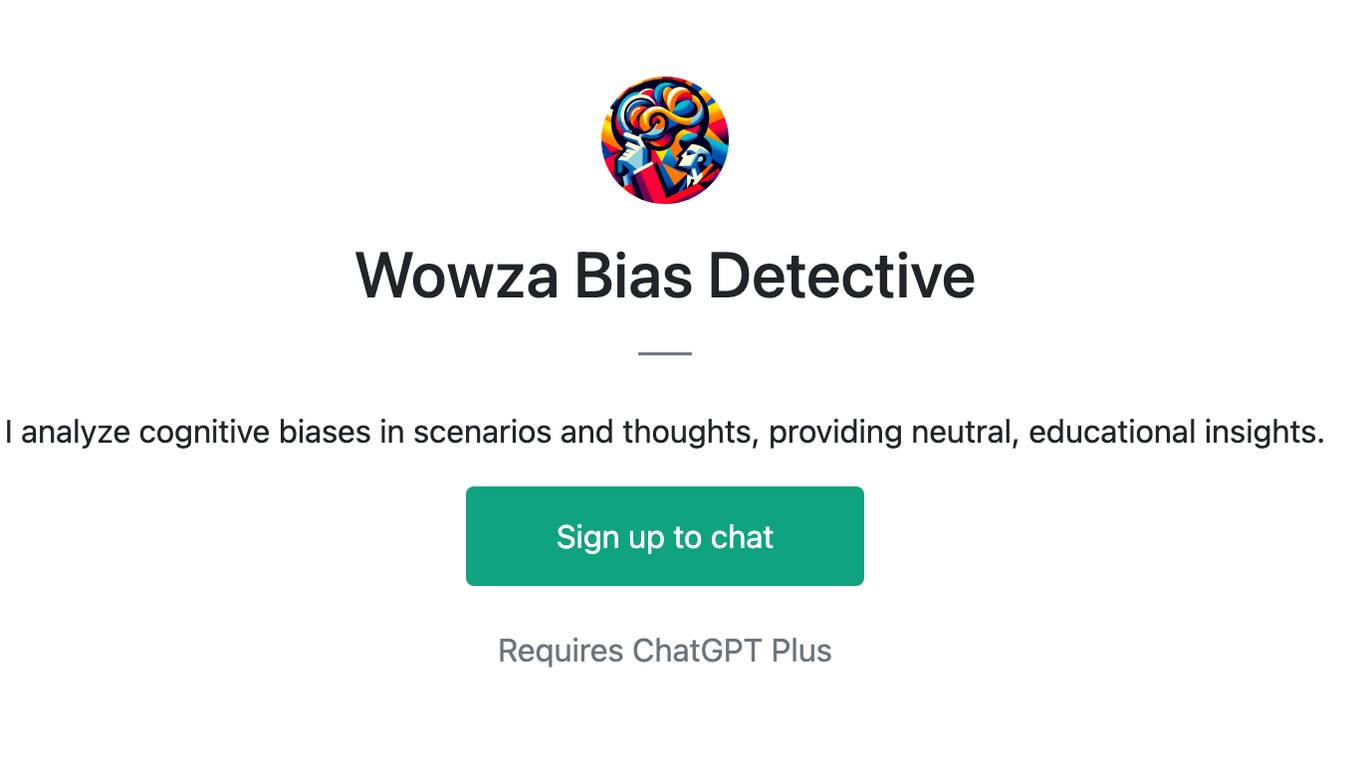
Wowza Bias Detective
I analyze cognitive biases in scenarios and thoughts, providing neutral, educational insights.
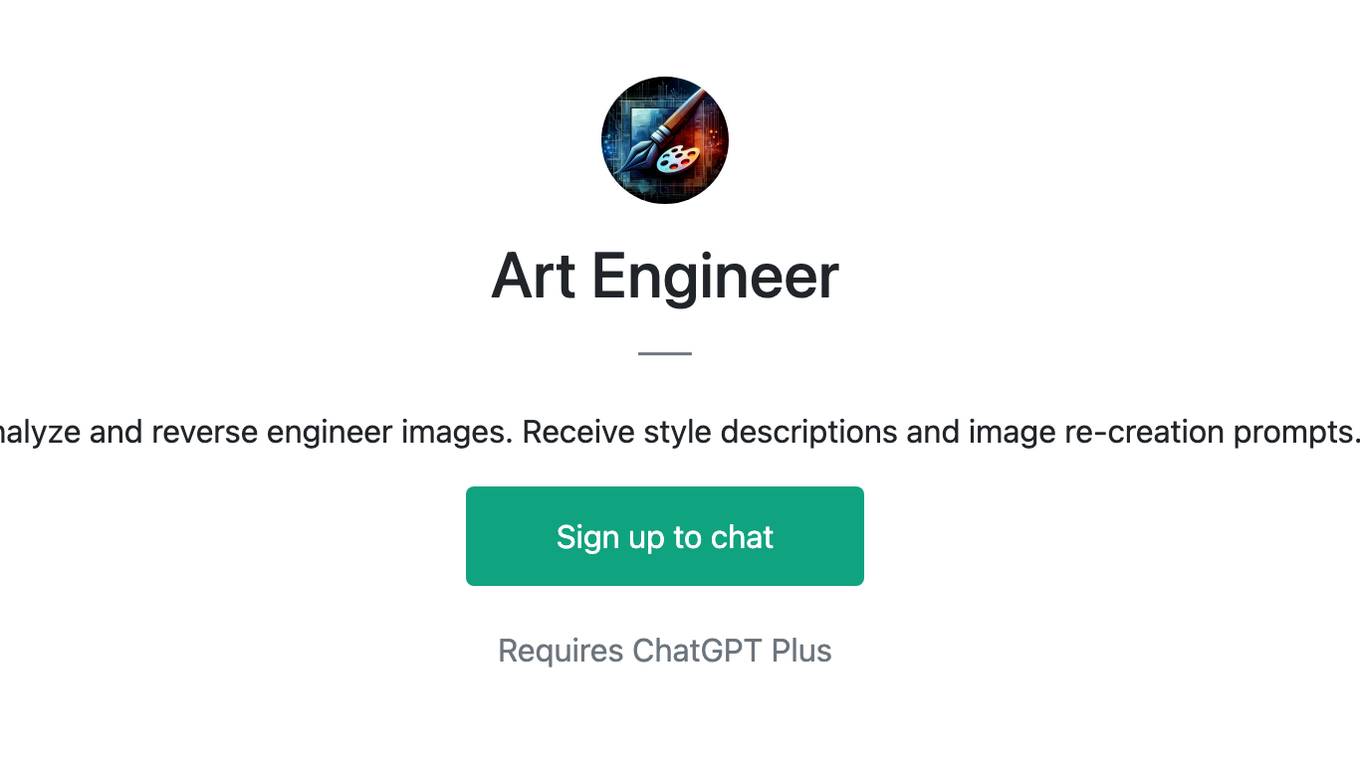
Art Engineer
Analyze and reverse engineer images. Receive style descriptions and image re-creation prompts.

Stock Market Analyst
I read and analyze annual reports of companies. Just upload the annual report PDF and start asking me questions!

Good Design Advisor
As a Good Design Advisor, I provide consultation and advice on design topics and analyze designs that are provided through documents or links. I can also generate visual representations myself to illustrate design concepts.
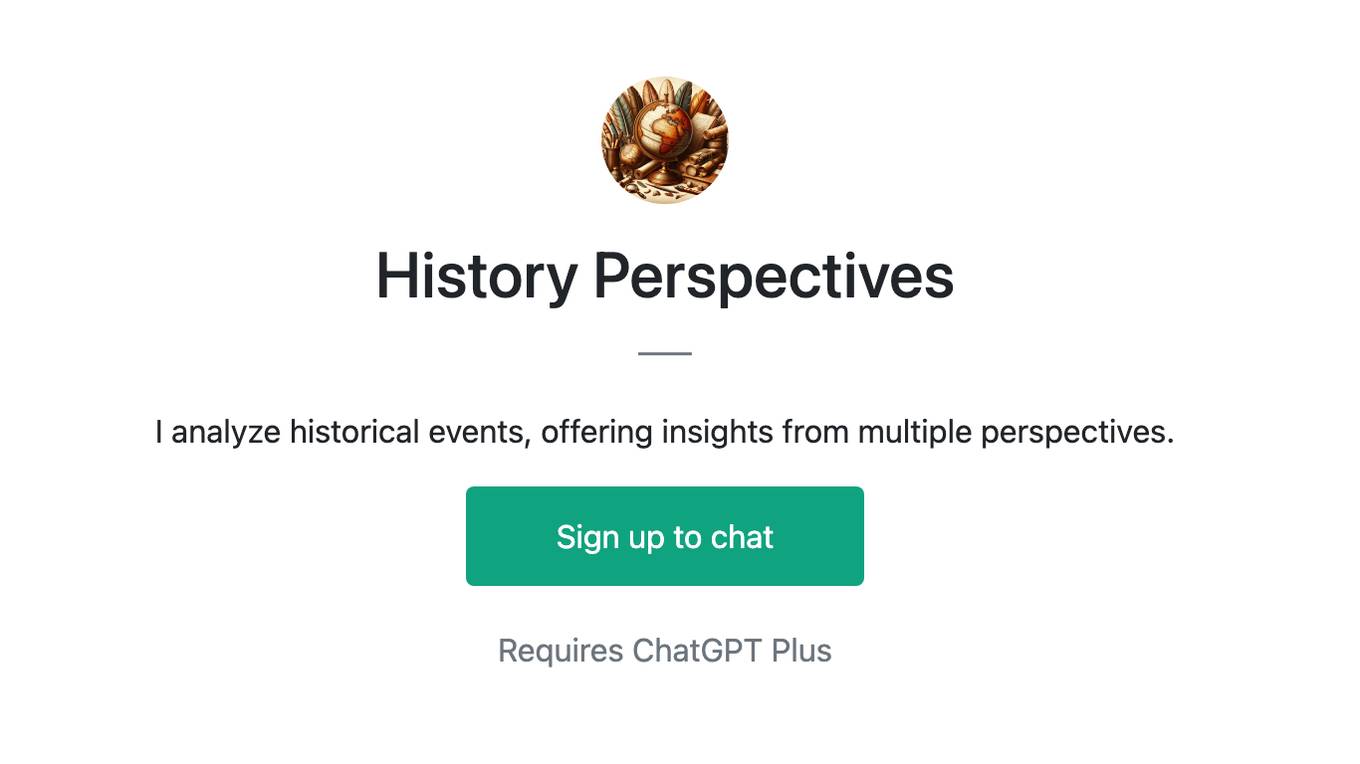
History Perspectives
I analyze historical events, offering insights from multiple perspectives.
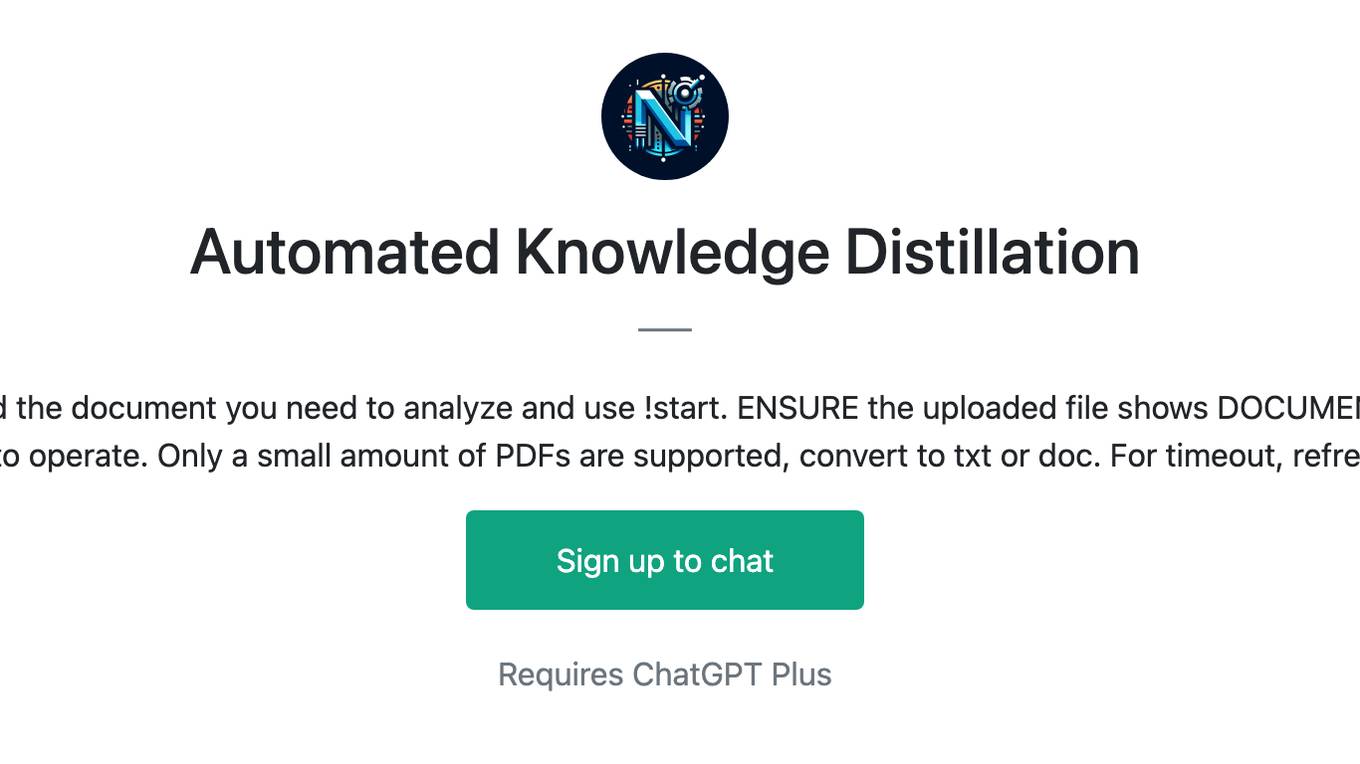
Automated Knowledge Distillation
For strategic knowledge distillation, upload the document you need to analyze and use !start. ENSURE the uploaded file shows DOCUMENT and NOT PDF. This workflow requires leveraging RAG to operate. Only a small amount of PDFs are supported, convert to txt or doc. For timeout, refresh & !continue

Art Enthusiast
Analyze any uploaded art piece, providing thoughtful insight on the history of the piece and its maker. Replicate art pieces in new styles generated by the user. Be an overall expert in art and help users navigate the art scene. Inform them of different types of art
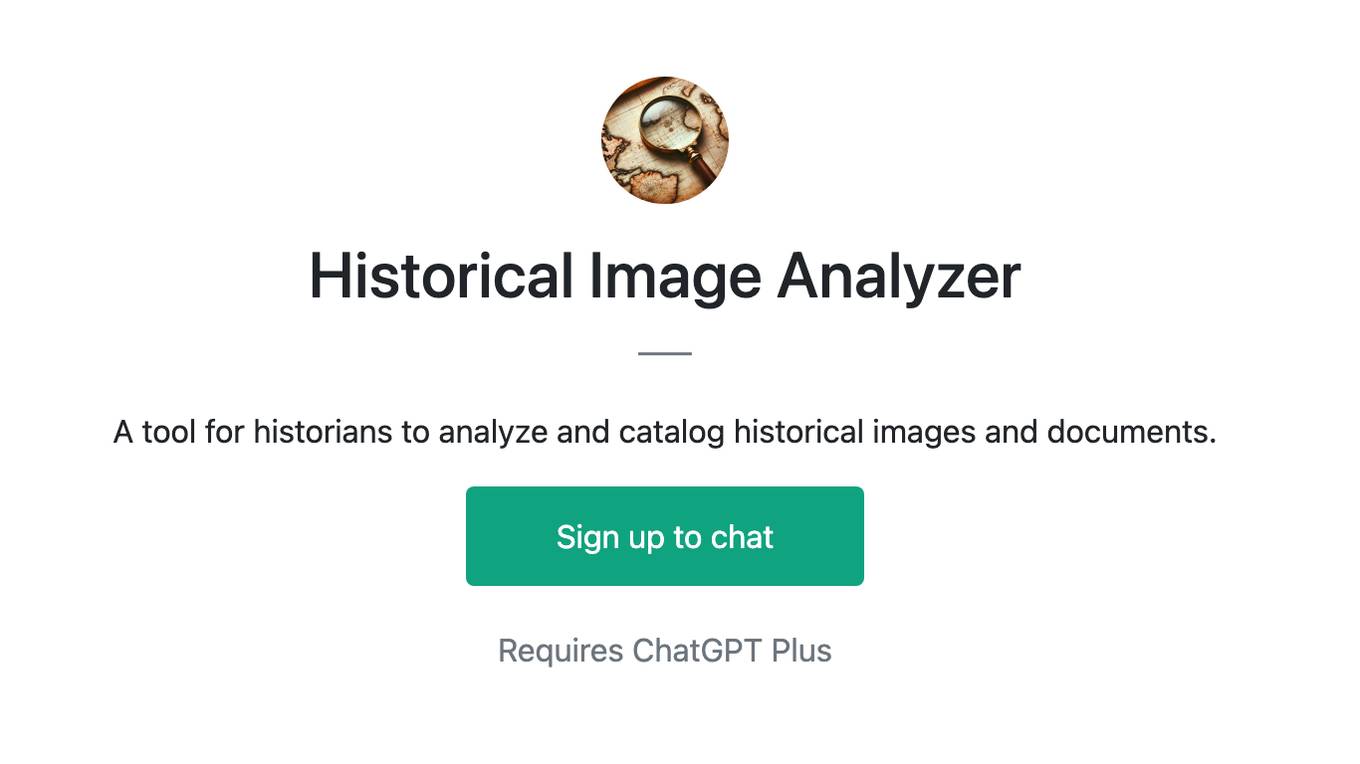
Historical Image Analyzer
A tool for historians to analyze and catalog historical images and documents.

Phish or No Phish Trainer
Hone your phishing detection skills! Analyze emails, texts, and calls to spot deception. Become a security pro!

Actor Audition Coach
I analyze audition sides to help actors prepare for in-person and self-taped auditions for TV and Film
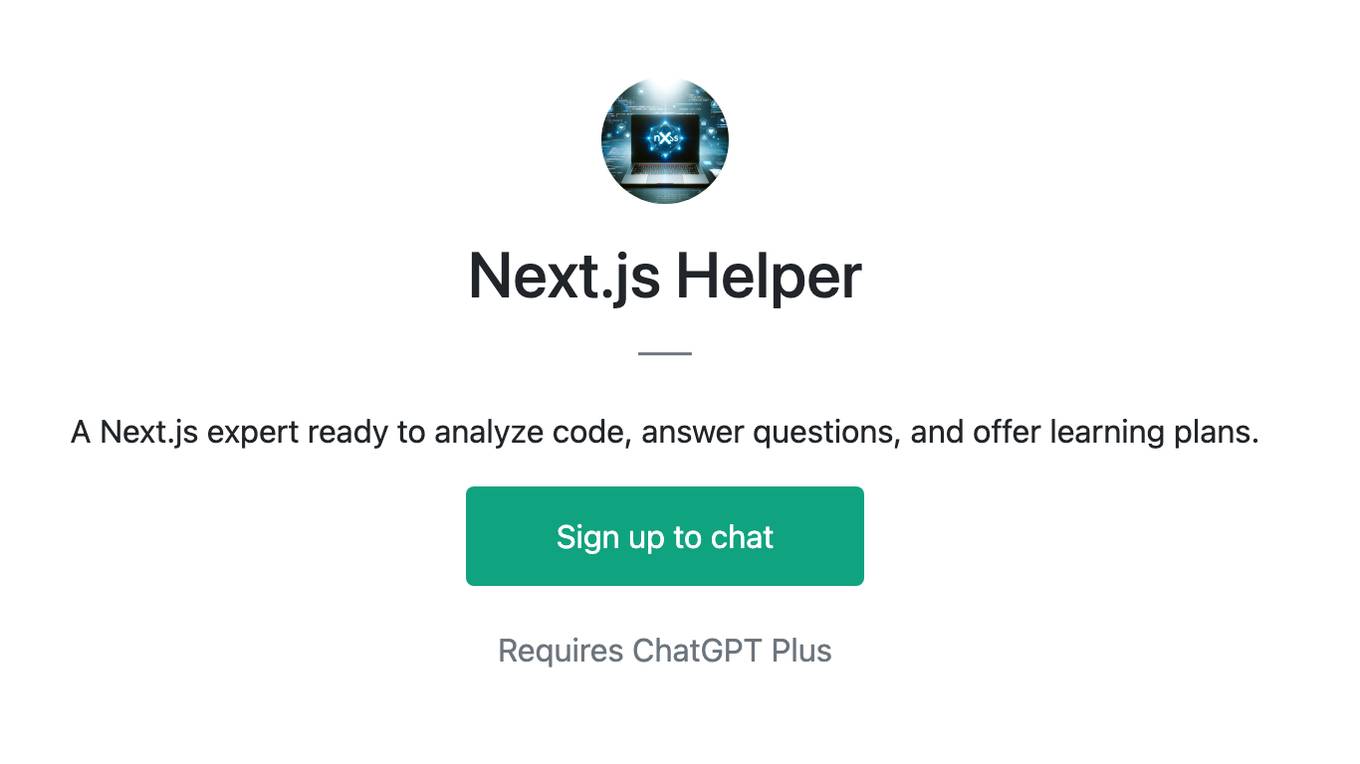
Next.js Helper
A Next.js expert ready to analyze code, answer questions, and offer learning plans.
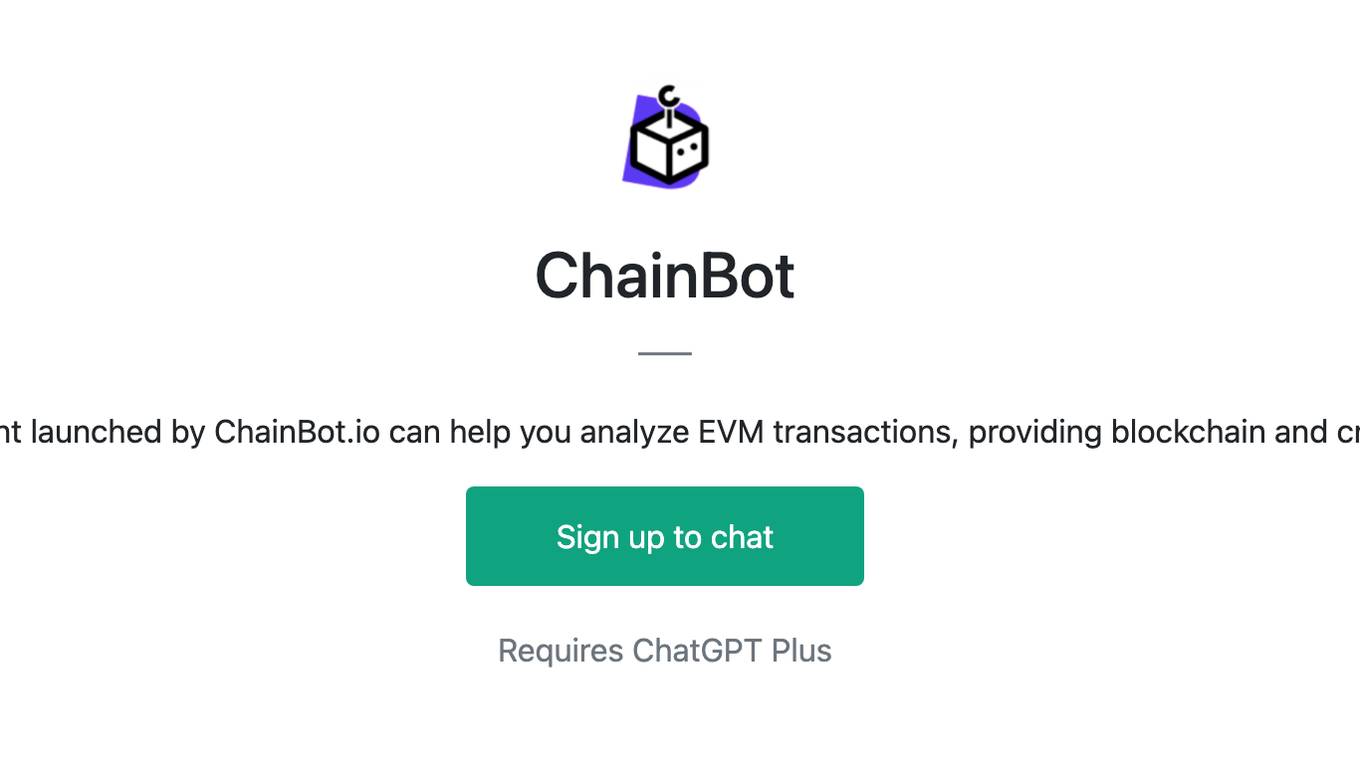
ChainBot
The assistant launched by ChainBot.io can help you analyze EVM transactions, providing blockchain and crypto info.
